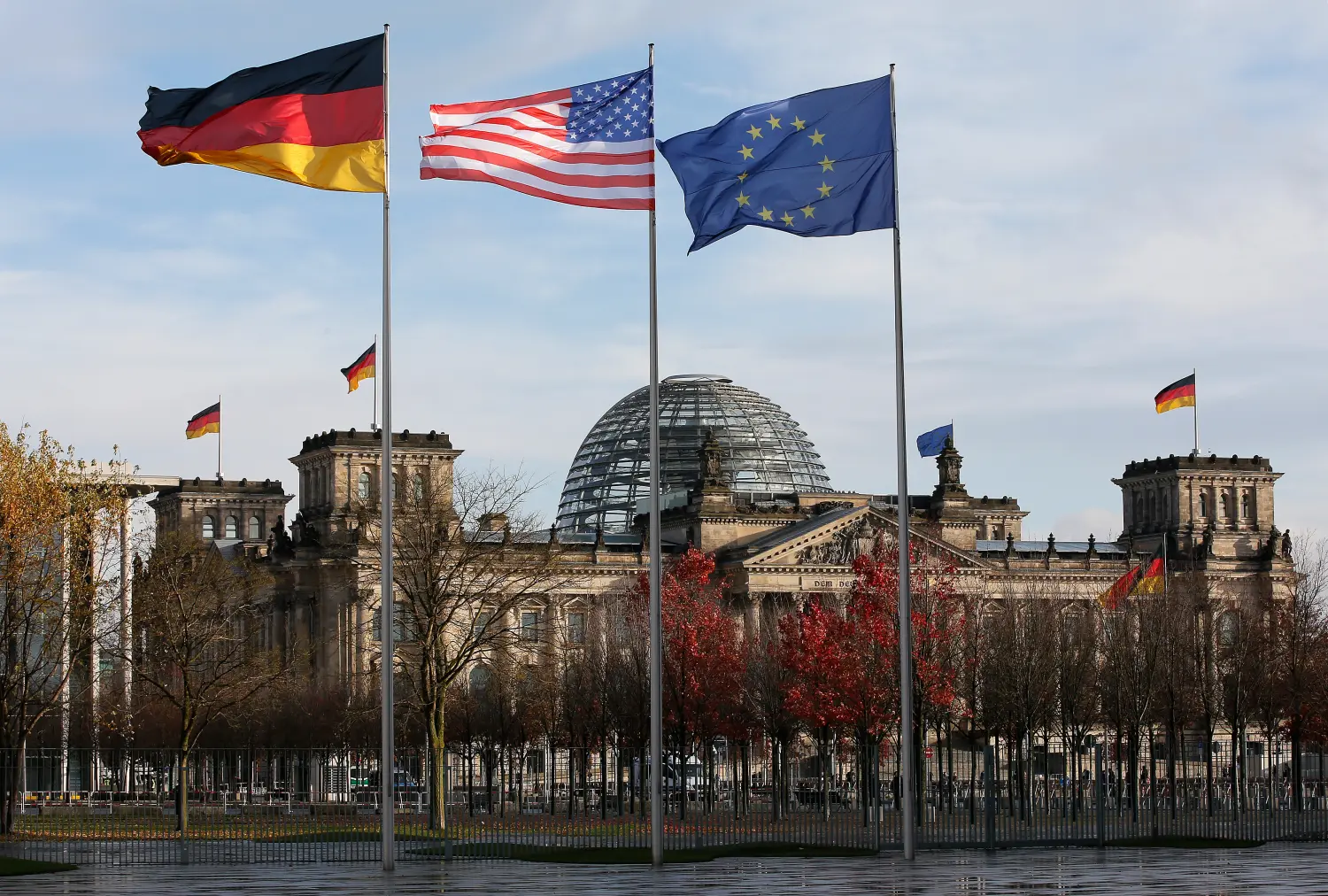It is an honor to take part in a celebration of Raymond Aron, which precedes more commemorations in 2005, the year of the one-hundredth anniversary of his birth. Even though I was never formally his student, he was my mentor. If I had to summarize what I owe him, two points are essential. First, I owe him a way of thinking, Weberian in origin, but without Weber’s belief in a rigid separation of facts and values and without Weber’s relativism. Secondly, I owe him a conviction that lucidity is a duty, that liberalism needs to be without illusions, but that the pure and simple submission to reality is not acceptable either. In international relations in particular, a way must be found to combine the “ethic” of struggle—the logic of “us vs. them”—with a Kantian ethic of peace and cooperation.
The world has changed a great deal since Aron, in Peace and War (1962), gave us his analysis of the international system. During the Cold War, both camps had each on its side and by agreement between them, they made a certain type of order prevail and preserved global peace through the fear of nuclear annihilation. There was room in fact for only one obviously imperfect but realistic formula for world order. It was an order in which legitimacy and normativity were to be assured by the United Nations, i.e. by the society of states, with the United States as the dominant secular force at the service of the rules and principles to whose creation it had mightily contributed. This order supposed an internationalist America, skillful not only in the use of force but also in the use of “soft power,” the capacity to attract and to convince. In resorting to force, such an America would have had to respect the rules of the game and use the institutions which it so largely contributed to creating after 1945.
This world order has been transformed by two unforeseen factors. The first is globalization which, for better and worse, has eroded the sovereignty of states. In many instances, this erosion has created disintegrating states and led to increasing numbers of civil conflicts. Terrorism and violence have been universalized, giving rise to a world society of fanatics, nihilists, and the desperadoes and the humiliated of all countries. The second is the abandonment by Washington of the role it has so successfully played since 1945, both by choice and by necessity, in the fight against the Soviet Union. This had been a role of cooperation and multilateralism. Current U.S. policy prefers to treat the allies as a mass of subordinates; it has divided or marginalized those institutions that were not sufficiently docile and resorted to “coalitions of the willing,” recruited by Washington, relegated the UN to secondary tasks and proclaimed the right of the dominant nation to choose among international norms those that suited it. It is as if the terrorists and the state that declared unlimited war on them had colluded to play the role of gravediggers of a very fragile international order which the first President Bush had helped to build.
The Brookings Institution is committed to quality, independence, and impact.
We are supported by a diverse array of funders. In line with our values and policies, each Brookings publication represents the sole views of its author(s).




Commentary
Force, Legitimacy, and Order
February 1, 2005